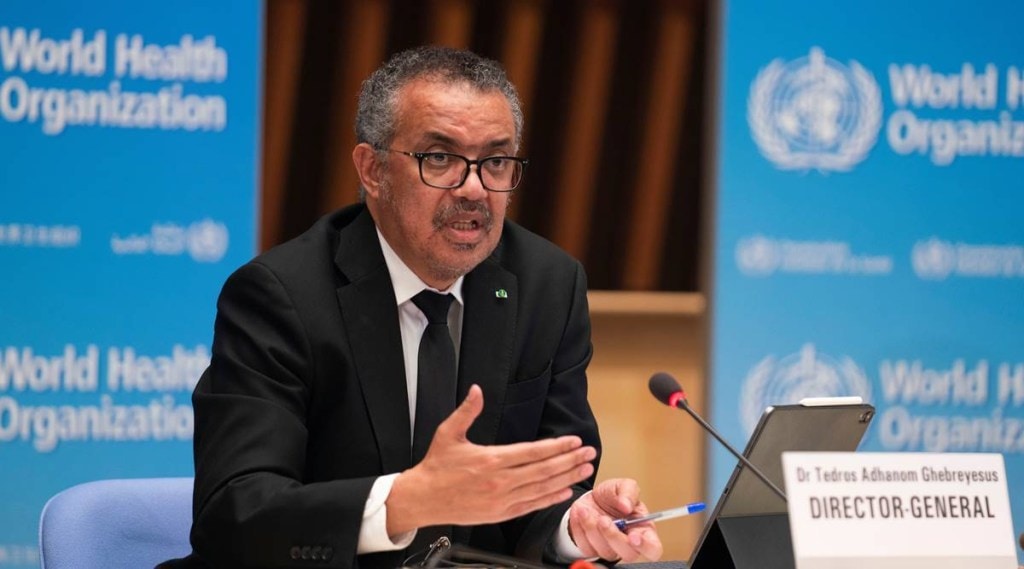Three years since the emergence of SARS-CoV-2 in China’s Wuhan, the World Health Organization (WHO) has asked the country to share relevant data concerning the pandemic strain to aid in their understanding of its origins.
In response to a question during a briefing, the WHO’s Director-General, Tedros Adhnom Ghebreyesus stated that the organization would continue to urge China to share information related to the outbreak. He also noted that all hypotheses regarding the virus’ origin remain open.
The first known appearance of the SARS-CoV-2 virus was a respiratory disease. It was regarded as a potential human-to-human transmission virus. To of the theories about its origin has made the cut.
One theory suggests that the SARS-CoV-2 outbreak was triggered by a natural zoonotic spillover. Another theory states that the virus was introduced to humans through a research-related incident.
WHO has been meeting every few months to look at further threats posed by the virus that has already killed 6.6 million people worldwide and to see if it still presents a health emergency that is an international concern
The organization’s director-general further asserted that he’s hopeful that the COVID-19 pandemic can be declared over by next year and will no longer be considered a global health emergency.
One year ago, he noted that the Omicron variant was starting to take off. Around 50,000 people were reportedly dying each week as the COVID-19 pandemic was raging. Last week, the number of people who died globally fell to around 10,000. Despite the significant progress that has been made, there is still a lot of work that countries can do to save lives.
According to the WHO head, the organization’s Emergency Committee will be discussing the criteria that will determine when the pandemic can be declared over. He noted that the virus will not go away, but countries should learn how to manage it alongside other respiratory illnesses, such as influenza and RSV.

